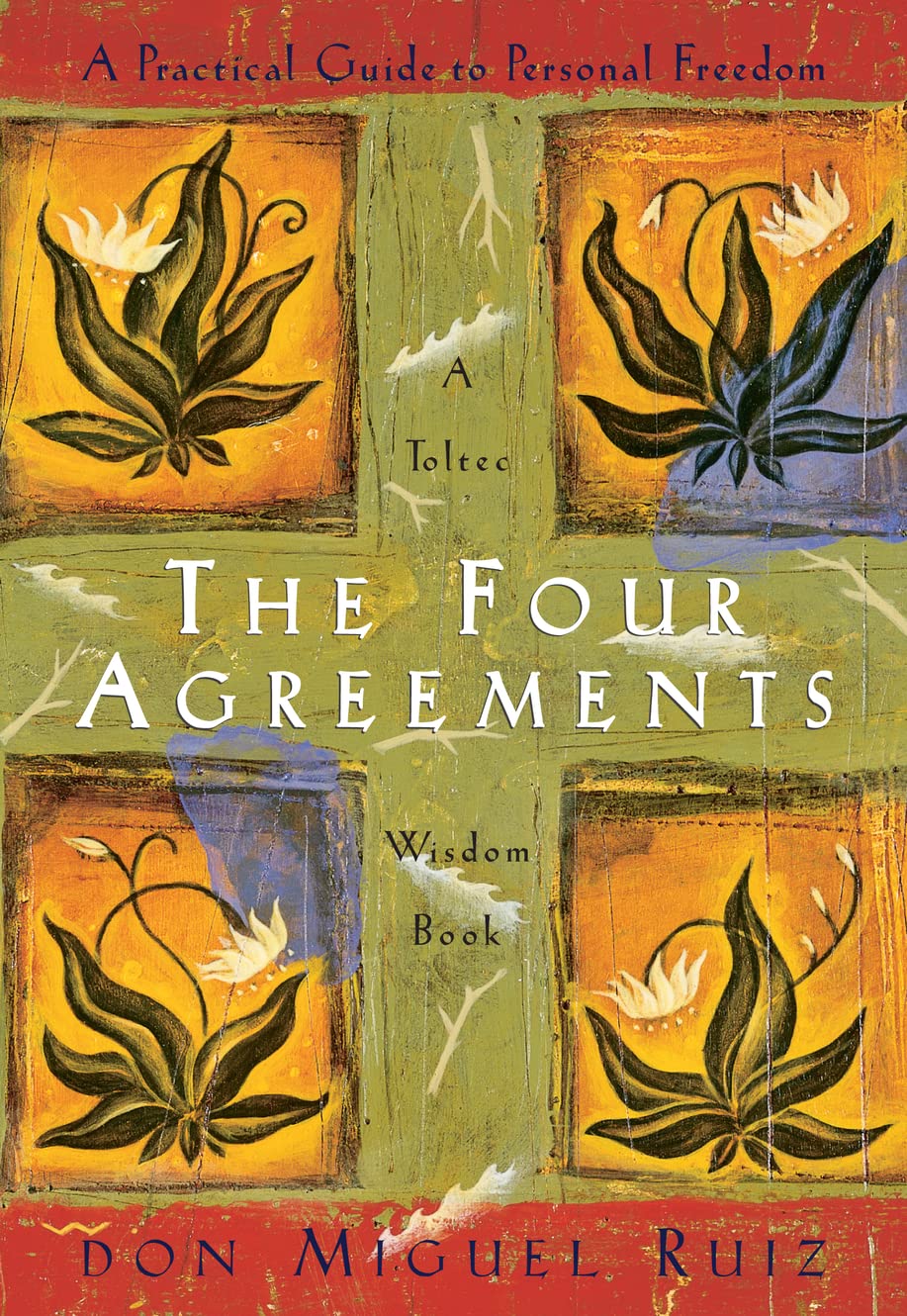
Values elicitation is a process that can have a powerful impact on your life.
You will discover what your current values are – a process that few people have ever even contemplated prior to working with a coach – and the results you are achieving in your life as a consequence.
Those results may or may not be outcomes that make you happy, satisfied or fulfilled.
With your coach, you will discuss the results you DO wish to have in your life, set clear and specific goals and then elicit the values that you will need to focus your energies on to obtain those outcomes/goals.
The process ensures the chosen values enable you to consistently deliver the outcomes and results you want in that area. Depending on the number of values that need to be swapped, this process may take between 3 to 6 rounds to ensure each new value is instilled correctly.
What are values?
Your values exist deep in your unconscious – as a result, you may or may not be aware of what yours are – but they are the key to defining your basic personality and identity.
Your values and beliefs are the catalyst for your behaviours – both those you are consciously aware of and those you are not. Values and beliefs can create cycles of behaviour that may or may not be helpful to you; by changing or reorganising the cause of behaviour (your values) you will get results you do want.
Values are created, in the main, from our own experience and from the external influences in our early lives. By age 7 you will already have a set of values and beliefs, many of which you will take with you into adult life. We each have a choice whether we wish to ‘take on’ the values of others: parents, siblings, teachers, friends – this process is the opportunity to make any changes.
Examples of values are:
| freedom | security | happiness | fun |
| recognition | acceptance | dependability | accountability |
| integrity | adventure | work/life balance | challenge |
| affection | fairness | travel | openness |
Values hierarchies
Depending on your goal, different values will take precedence over others creating a hierarchy of values. Those at the top of your hierarchy are more likely to drive your behaviours and are more likely to cause frustration, sadness or disappointment if they are somehow ignored or compromised. For instance, in today’s society, security is given a high priority driven by insurance marketing and legacy career ideology. A disproportional focus on security can quash work/life balance, freedom, and adventure.
What you will gain
With new values, you achieve:
- New behaviour and new results
- Greater awareness of your most important values and where you should be focusing your energies
- A more complete, authentic you! Your behaviours and outcomes support your core values, gives you a greater sense of ‘self’ and drives action.
Let’s find those values
Step 1: Record your current values and prioritise
Choose from the list below and then prioritise the top 5. Be ruthless, only 5!
|
|
|
|
|
Step 2: Analysis of your current values against your day-to-day actions
Review the values against work current everyday actions, decisions and priorities. Pay particular attention to where your focus is on weekdays, when weekends. Seek contradictions.
For example: if “Love” and “Family” are high on the values, but your everyday life prioritises work, and you have little time to hang with the kids, then maybe “Security” is the value you are really focusing on? Or maybe you are not honouring the “Family” value? Your call!
Step 3: Classify your values as positive vs negative or defensive vs growth
Review your values and classify the ones the bring you joy, fulfilment or growth as positive. Then classify those which will slow you down as they are protecting where you are now. For example Security, reputation, stability, popularity.
Step 4: Match your values to your “ideal day” goals and add any positive values needed to achieve
Now match your positive values with you ideal day goals. Do they support your vision of your ideal day? If not, you have a gap you need to resolve. Do the same for the negative values, will they stop you from achieving?
Step 5: Re-prioritise you values with a focus on positives and growth
The next is to review steps 1 through 4. Adjust the values, priorities, ideal day ensuring they are balanced, achievable, but a stretch. Be thorough and ruthless, this will set your focus for the next 9 months to a year.
Step 6: Implement new values and for the next 21 days review your everyday actions against these.
Print out the ideal day and the values place them in prominent places. Review your daily actions and decisions against these daily for the next 21 days, then weekly. I also recommend getting in the habit of creating a top 5 actions every week to take you closer to your ideal day. Revise weekly keeping yourself accountable.

